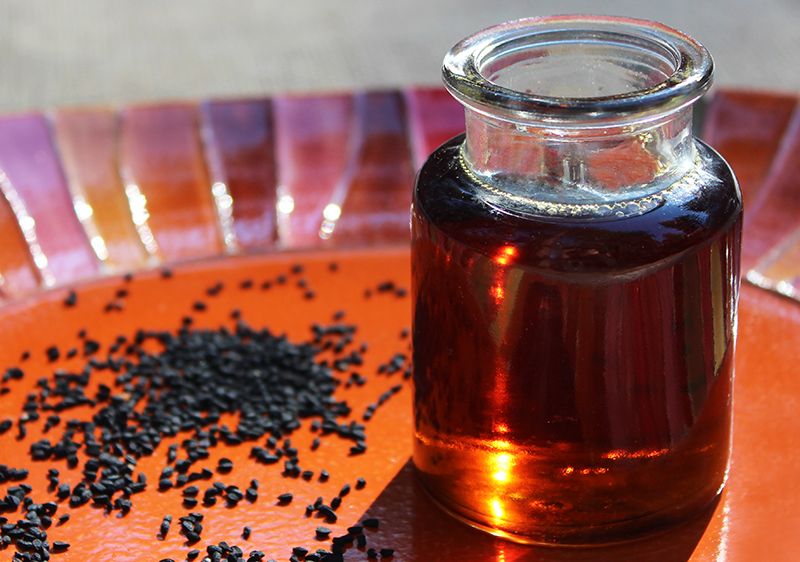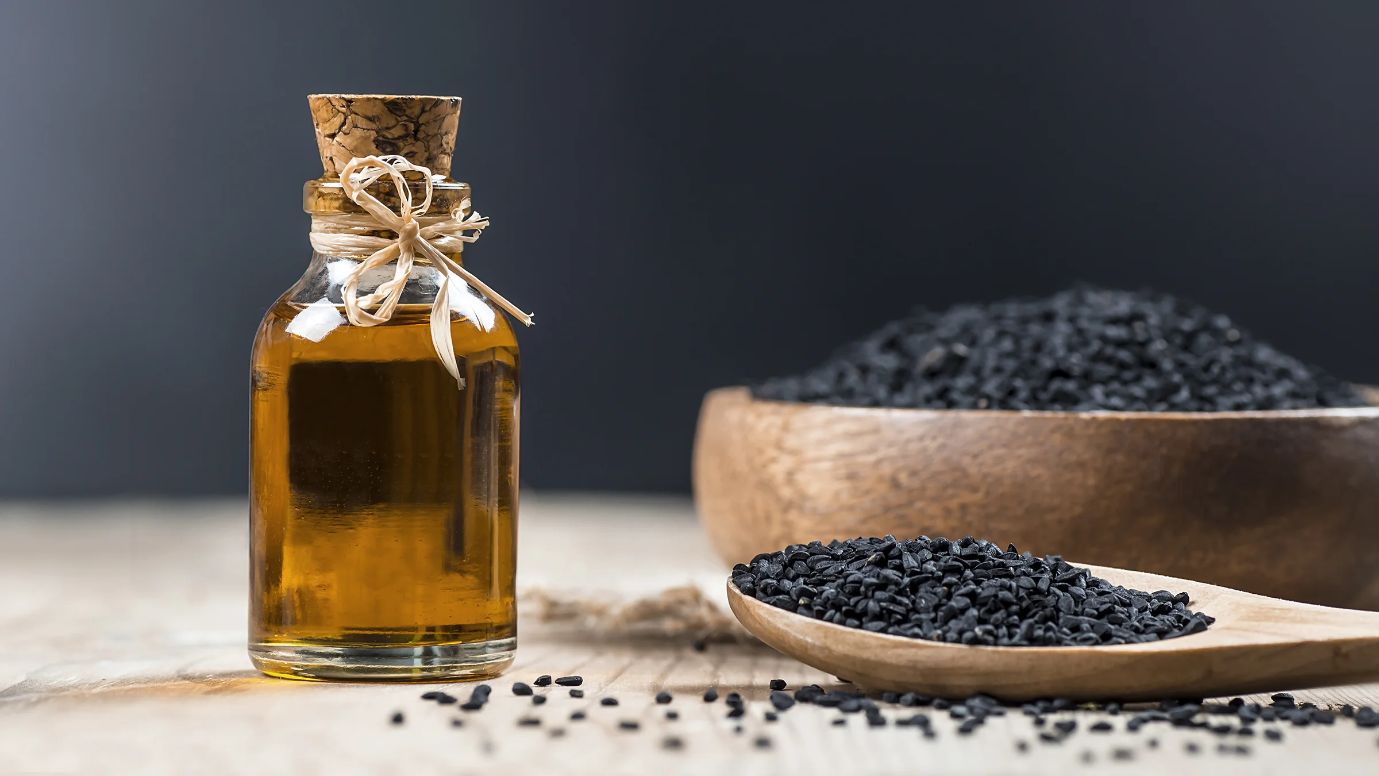Do you know how to use black seed oil? Black seed oil is said to be beneficial for respiratory issues. This article discusses the potential health advantages of black seed oil as well as any potential negative effects and dosage guidelines.
Black seed oil is extracted from N. Sativa seeds and has been used in traditional medicine for over 2,000 years due to its many therapeutic benefits. Numerous health benefits, such as the treatment of asthma and assistance with weight loss, are suggested by studies. To benefit skin and hair, it is also applied topically.
How to Use Black Seed Oil?
Black seed oil can be taken as a supplement in the form of pills or liquid. Also, the oil can be applied topically to the skin and hair. When purchasing black seed oil in liquid form, it is advised to pick a premium item that contains no additional ingredients.
Additionally, since the Food and Drug Administration (FDA) does not test supplements for safety and efficacy, it is crucial to select a reputable brand. Finding products that have received certification from the American company ConsumerLabs can be useful.
All of these organizations conduct quality checks, such as NSF International or the Pharmacopeial Convention.
The black seed oil has a potent flavor that is slightly bitter and spicy. Cumin and oregano are frequently used as comparisons. Because of this, you might want to combine black seed oil with another highly flavorful ingredient, like honey or lemon juice, if you’re going to consume it as a liquid.
Black seed oil can be massaged onto the skin for external uses. You can take black seed oil as a liquid or a capsule. But because of its potent flavor, you might want to combine the oil with honey or lemon juice first.
Health Benefits of Black Seed Oil
The many wonderful healing properties of black seed (Nigella sativa) have been known for thousands of years. It has been recommended by many different medical professionals throughout the ages to treat a wide range of illnesses.
Solid scientific knowledge and an expanding body of research studies are supporting its widespread actions and efficacy in the modern era.
Black Seed Oil Beauty Benefits
Black seed oil has a long history of being used to enhance the beauty and improve skin health. In fact, it is said that Cleopatra, a famous ancient beauty, used the oil as a daily skin lotion.
The oil of Nigella sativa is packed with valuable components like vitamins Calcium, potassium, magnesium, zinc, vitamins A, B, and C, as well as trace elements, providing the essential nutrients for skin healing and repair. Black seed oil is a fantastic all-natural choice for treating skin conditions because it also has a variety of helpful pharmacological actions.
Black Seed Oil Digestion
Gas, colic, diarrhea, dysentery, constipation, and hemorrhoids are among the gastrointestinal disorders that black seed is used to treat.
Black Seed Oil Lungs, Black Seed Oil Antiviral
Asthma, allergies, cough, bronchitis, emphysema, the flu, swine flu, and congestion are just a few of the respiratory conditions it is used for.
Consuming black seed oil improves lung health and respiratory health by widening airways. Black seed oil is useful for treating emphysema, bronchitis, chest congestion, and asthma thanks to its anti-inflammatory properties.

Black Seed Oil Blood Pressure
Other reported traditional uses include treating cancer, lowering cholesterol, raising the immune system, and lowering blood pressure.
Black Seed Oil Women’s Health
Black seed has been used by women for birth control, to initiate menstruation, and to boost milk production.
Black Seed Oil Arthritis
Black seed oil is a topical treatment that some people use to treat rheumatism-related joint pain.
Black Seed Oil Headaches
It can also be used to treat headaches.
Black Seed Oil Cooking
Black seed is used as a spice or flavoring in food.
Potential Side Effects and Safety Concerns
Black seed oil is probably safe for the majority of people when used in small quantities for cooking. On the long-term safety of taking higher doses for therapeutic purposes, there is, however, little research.
In general, there haven’t been any serious side effects associated with short-term use of three months or less. Although some participants in one study experienced nausea and bloating after ingesting 1 teaspoon (5 mL) of black seed oil daily for 8 weeks.
Black seed oil may interact with drugs that are metabolized by the cytochrome P450 pathway, which is one potential cause for concern. Warfarin (Coumadin) and beta-blockers like metoprolol (Lopressor) are common medications that may be impacted.
A further worry is that consuming too much black seed oil might damage your kidneys. In one instance, a type 2 diabetic woman who had been taking 2–2.5 grams of black seed capsules every day for six days was admitted to the hospital with acute kidney failure.
The health of the kidneys hasn’t been negatively impacted, though, according to other studies. In fact, some studies have even claimed that black seed oil protects kidney function. Before taking black seed oil, it is advised to discuss with your doctor if you have any current kidney issues.
Last but not least, due to a lack of research, women who are expecting or nursing should avoid using black seed oil, with the exception of using it sparingly as a food flavoring. Overall, more investigation is required to determine black seed oil’s safety in people, particularly for long-term use.
Read More: How Does The Respiratory System Work With The Digestive System?



